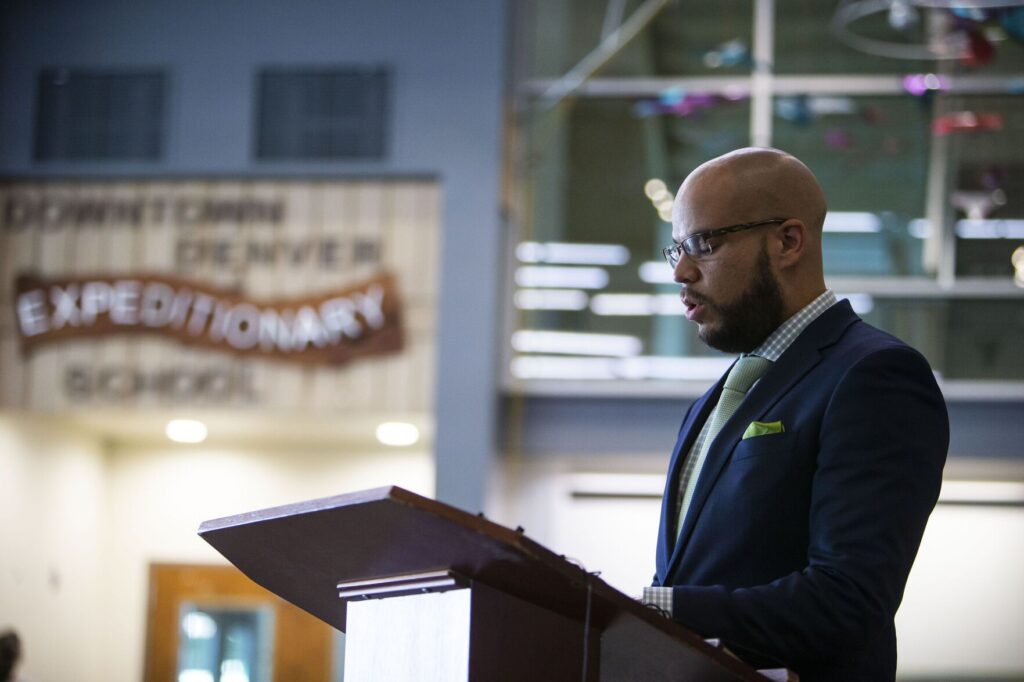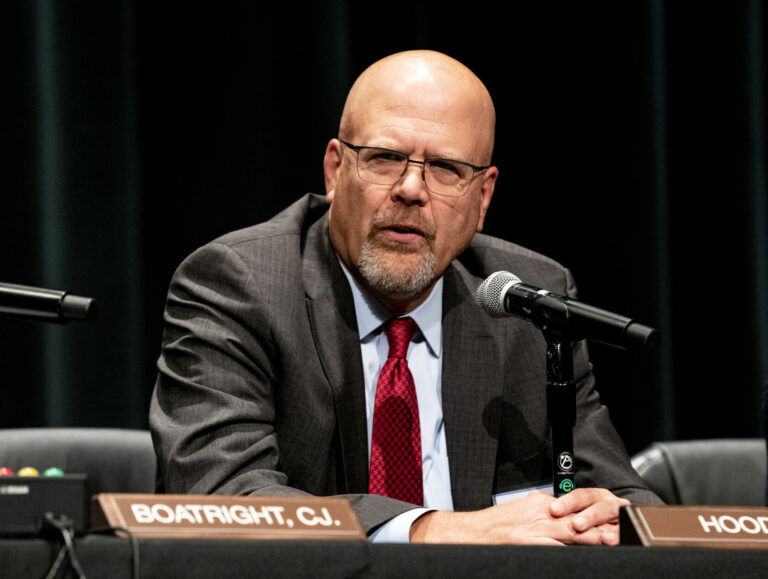Report sets stage for Nebraska legislative session’s tax debate

Nebraska could gain a competitive edge over its neighbors by reducing its personal and corporate income tax rates while expanding its sales tax and eliminating some business tax credits, according to a report released Wednesday.
It sets the stage for a debate in next year’s legislative session, during which lawmakers will have a tax reform package from Gov. Pete Ricketts to consider.
The report, issued at a tax policy summit in Lincoln, was produced by the Washington-based Tax Foundation at the request of the Platte Institute, a nonprofit think tank that advocates for free markets and limited government.
Report author Jared Walczak argues that expanding the sales tax and reducing business tax credits would cover the cost of income tax cuts without creating a budget crisis similar to what Kansas is experiencing. Kansas has struggled to balance its budget since the GOP-dominated Legislature slashed personal income taxes in 2012 and 2013 at Gov. Sam Brownback’s urging to stimulate the economy.
Walczak, a policy analyst with the Tax Foundation, said the state’s tax code, approved in 1967, hasn’t been adjusted to account for changes in the state’s modern economy, which has changed from sales of taxable goods to services that aren’t.
“A state that doesn’t do something to expand (its tax base) to services is a state that’s going to have to continually find new revenue sources,” Walczak said.
By switching to a single-rate corporate income tax, the report suggested, the state could make up the lost revenue by eliminating “inefficient corporate tax credits.”
Some senators said Wednesday that they still plan to focus on reducing property taxes. Farm and ranching groups have complained that rising property taxes have squeezed their margins at a time when commodity prices and incomes are falling.
“If I could pick up my land and move, I would be gone,” said Sen. Curt Friesen, a farmer from Henderson. “I wouldn’t be sitting here. I’d be sitting somewhere else, and the No. 1 industry in this state would be gone.”
Other senators noted that Nebraska has already passed major income tax cuts over the last decade, totaling an estimated $487 million. Sen. Burke Harr of Omaha pointed to the state’s low unemployment rate and an economy that has outpaced neighbors Wyoming and South Dakota, even though neither of those states imposes an income tax.
Harr said major income tax cuts could undermine the state’s investments in K-12 schools and other state services that help fuel the economy, saying, “There’s no free money.”
Harr said lawmakers often struggle to develop major tax packages because they don’t know soon enough how much a proposal will cost. If a bill is introduced in January, senators may not know until late February what impact it will have on the budget, he said.
“We need more transparency,” Harr said. “We need the ability to sit down and say, ‘If we do this, how much is it going to cost?'”














